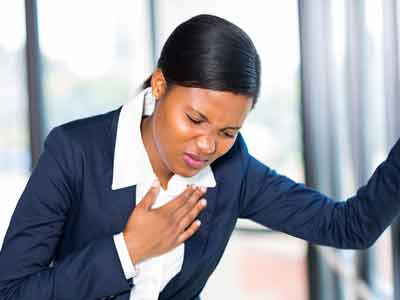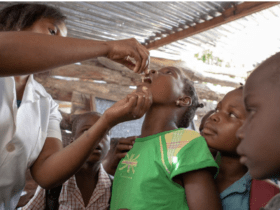
Cardiac arrest is said to be a complication of the COVID-19 virus.
Known as the abrupt loss of heart function, breathing, and consciousness, the condition usually results from an electrical disturbance in your heart that disrupts its pumping action, stopping blood flow to your body.
Also read, COVID-19: 7 Things To Know About People Who Are Asymptomatic
According to research, patients with pre-existing cardiovascular diseases suffer the highest mortality rate of all COVID patients.
COVID-19 can cause serious cardiovascular complications including heart failure, heart attacks, and blood clots that can lead to strokes.
The virus causes systemic inflammation and an enhanced immune ‘cytokine’ — response,” This can lead to inflammation of the heart, called myocarditis, or it can produce micro-thrombi (micro-clots) in the arteries of the heart. That leads to cardiac damage and arrhythmias, leading to cardiac arrest and death.
COVID-19 infection has also been associated with an increased number of blood clots in the range of 30% to 40% of patients. “Blood clots in the lungs, called pulmonary emboli, can compromise oxygen levels and put tremendous stress on the heart and lungs leading to cardiovascular collapse.
A new study by JAMA Cardiology also shows COVID-19 can also cause heart injury, even in people without underlying heart issues.
Ways to prevent cardiac arrest during these Covid-19
- Take your medicines exactly as prescribed and follow your healthcare provider’s recommendations for diet and exercise while maintaining social distancing precautions.
- Make sure that you have at least a 30-day supply of your heart disease medicines, including high cholesterol and high blood pressure medicines.
- Those with cardiovascular disease should be isolated from people with COVID-19 symptoms.
What You Should Know About Cardiac Arrest, Its Causes, Signs & Symptoms

















Leave a Reply